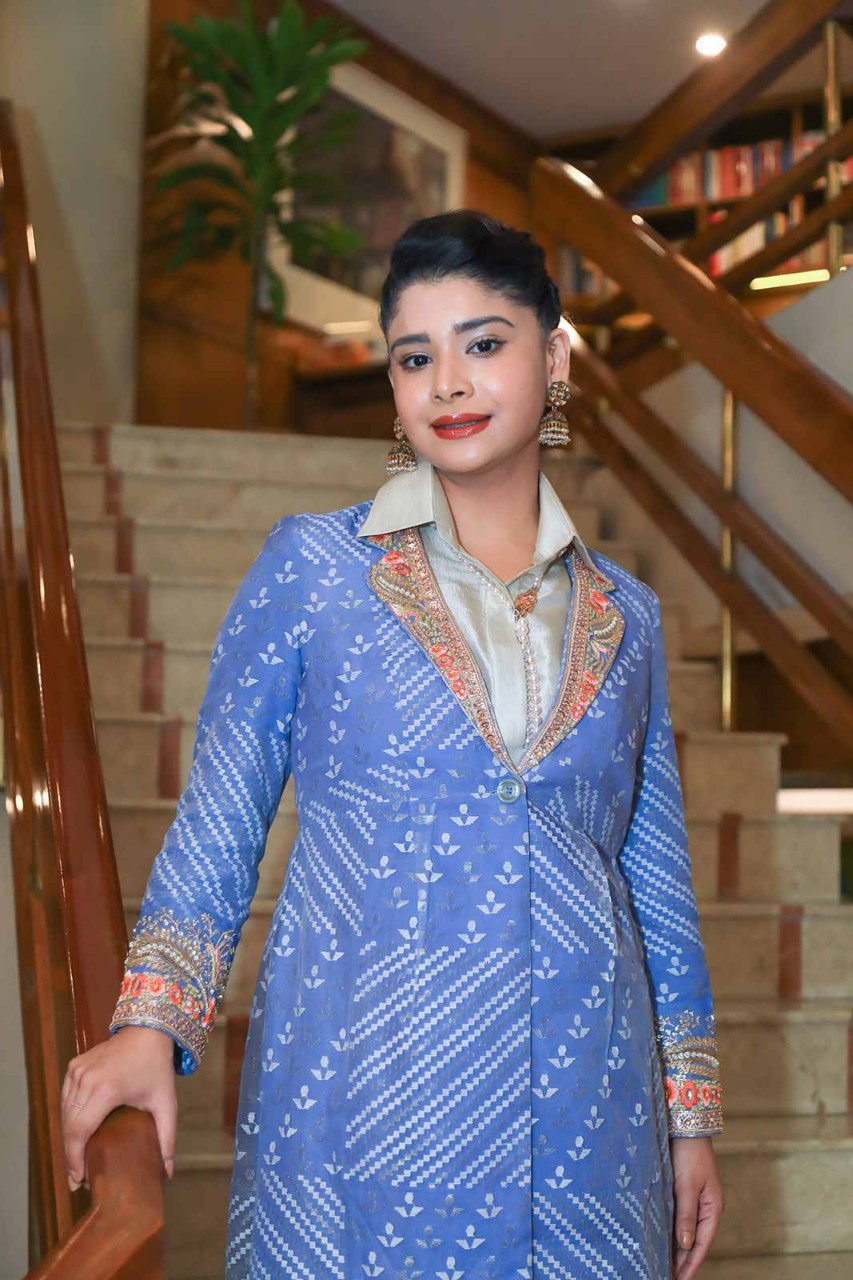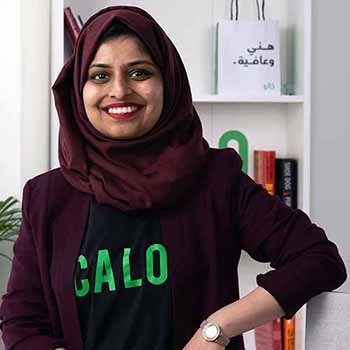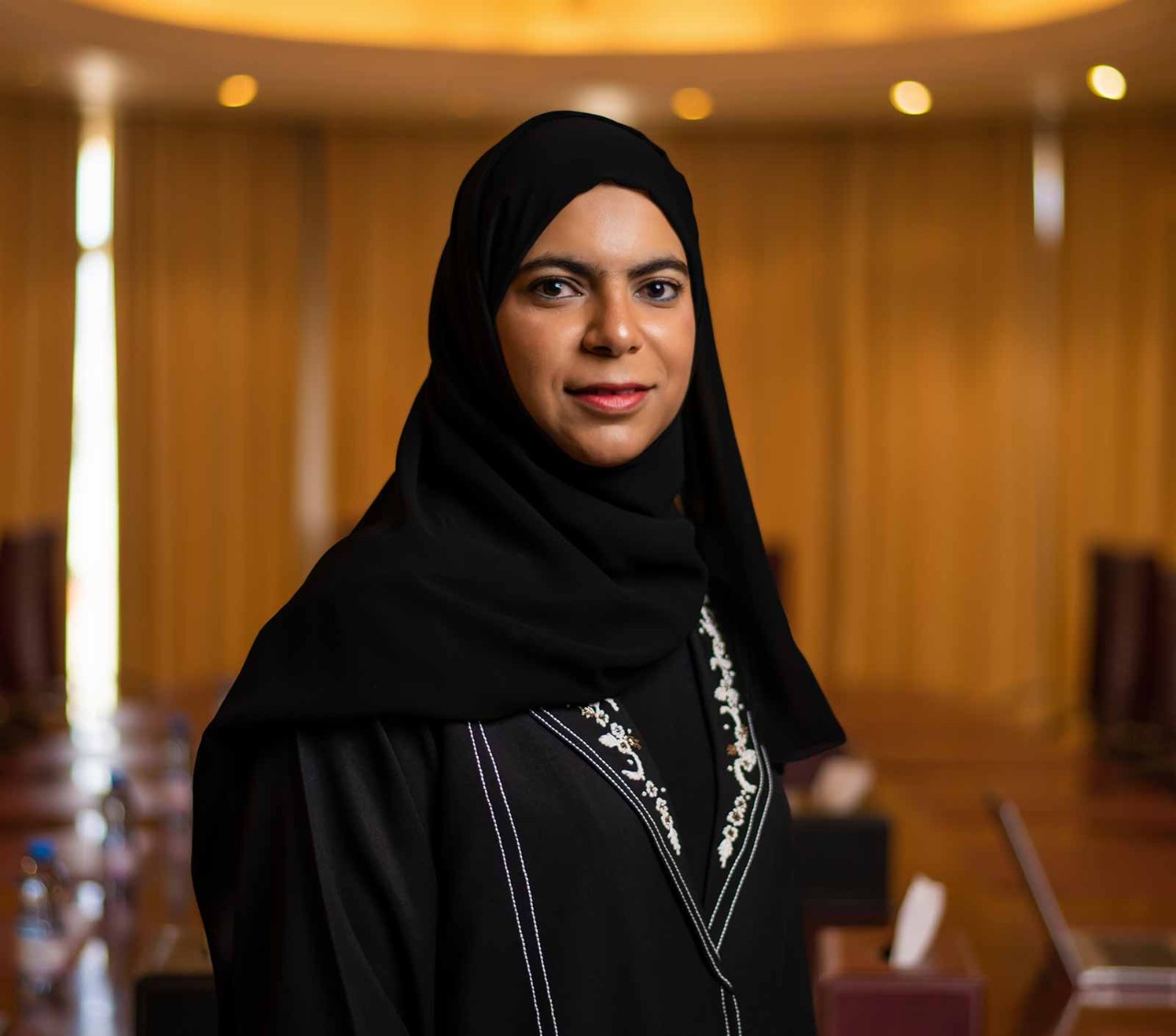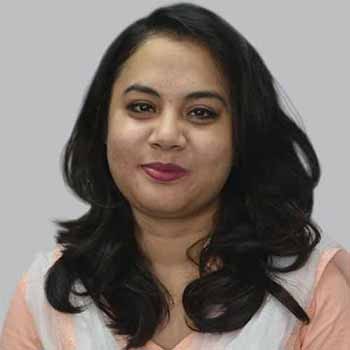
While the journey towards closing the gender gap in South Asia may not be moving as quickly as hoped, a number of female trailblazers are on a mission to raise awareness of equal rights and the importance of female empowerment.
Azeeza Khan, a director at Summit Group in Bangladesh, points out that women need to feel supported in the workplace and that opportunities for professional growth should be more widely available. ‘In Bangladesh, we have a labour force participation rate of only 35% for females, who are largely employed within the ready-made garments manufacturing sector that has little scope for development of skills,’ she explains.
‘Leveraging the power of social media helps spread the viewpoints of women who have previously not had their voices heard’
‘While Bangladesh tops the South Asian region for women’s leadership in listed companies, it still remains at 18%, signifying the gender gap that exists among us.’
CV
2017
Director, Summit Group (including Summit Power International), Bangladesh and Singapore
2015
Audit associate, Rahman Huq KPMG Bangladesh
2011
Director, Summit Group, Bangladesh
2010
Private equity and wealth management analyst, Bank of America, London, UK
Empowerment
As a young child, Khan had grown to admire and respect women who became homemakers and those who opted for a career. She related empowerment to having financial autonomy and freedom of thought – a vision instilled by her parents.
Growing up with an entrepreneurial father, Muhammed Aziz Khan – who started his first business at the age of 18 and went on to found Summit – and a mother who adeptly managed the household budget, Khan was innately drawn to finance.
‘Our long-term goal is to provide a holistic solution towards meeting the infrastructure needs of our nation’

‘I saw how the concept of budgeting and having access to reliable data brings confidence to planning for the future,’ she says.
Khan furthered her interest in finance while studying economics and business at the University College London in the UK. She worked briefly in private equity and wealth management at Bank of America-Merrill Lynch before returning home to join Summit in 2011.
In the early years of her directorship, she focused on finance and internal audit controls, which felt like a natural fit with her education. Her skills were honed through training projects outside Summit, including with IDCOL, a government-owned financial institution focusing on renewable infrastructure projects in Bangladesh, and General Electric in Malaysia. She then took a break from the company, joining Rahman Huq KPMG Bangladesh as an audit associate to gain valuable experience. She returned to Summit in 2017.
Dynamic role
As the largest private infrastructure development company in Bangladesh, with over US$2bn in equity in power plants, ports, telecommunications and real estate, Summit plays a key role in improving society, Khan says. ‘Overall, our long-term goal is to bring energy sustainability to Bangladesh, and provide a holistic solution towards meeting the various infrastructure needs of our nation,’ she says.
Khan’s role at Summit is, she says, ‘dynamic’. She is part of the governance and oversight team, encompassing her involvement with the finance department, including audit, treasury management and financial reporting.
‘Renewable power is something we are very much interested in’
‘When I first joined Summit in 2011, the most difficult part was attracting investment for large-scale projects in Bangladesh, an emerging market,’ she says. ‘The company did not have enough traction with multilateral financial institutions and so the initial challenge had been to scale operations, while maintaining the efficiency of a small business.’
Summit Group
1985
Year Summit Industrial and Mercantile Corporation was established, laying the foundations for Summit Group, an infrastructure conglomerate based in Singapore and Bangladesh, and operating across the power, telecom, port, fuel trading and supply, and real estate sectors
18
Number of power plants in Bangladesh operated by Summit Power International, with a combined capacity of 2,255 megawatts
2018
Year Summit Power International lists on Singapore Stock Exchange – the first Bangladeshi company to do so
The company has more recently adapted to a leaner system to tackle supply chain issues and its presence in Singapore (Summit Power International’s headquarters is in the city-state) has helped generate investment in its vast projects across Bangladesh.
Summit, together with its partners, has completed 25 major infrastructure projects to date.
Renewable power, a sector underdeveloped in Bangladesh, is ‘something we are very much interested in’, Khan says. In partnership with local NGO, Friendship, Summit has also undertaken the development of a solar village in rural Char Kabilpur, bringing electricity to around 200 households, local markets, and schools. In parallel, Summit is studying the utility, scale and viability of solar- and wind-power generation in Bangladesh.
Khan points out that by providing reliable and affordable power across the nation, girls and women are more likely to thrive and achieve their potential. ‘It is linked to higher school attendance for girls,’ she begins. ‘For working women it means access to the internet, which allows those in home-based businesses, or working remotely, to balance work and home life,’ she says.
‘In spite of all the improvements that have been made, there is still systemic bias’
Space to thrive
As a qualified accountant – Khan studied for her ACCA qualification while at Rahman Huq KPMG Bangladesh – ACCA has offered a valuable platform for Khan to talk to women about the pressures and challenges they often face moving forward in the business role. At a recent ACCA event for women in business, Khan spoke about the importance of creating space for women to succeed.
‘If a woman has some kind of problem, perhaps there is not a counterpart she can speak to freely,’ she says. ‘And in spite of all the improvements that have been made, there is still systemic bias. For example, if in a team of 10, eight or nine are male, it’s inherent in the system that they will talk to each other more, including outside of the working context.’
The solution, she believes, is to create confidential spaces for women in the workplace where they are able to talk openly about their experiences. She points out that at Summit, there are networks for women to support women, as well as anti-harassment committees. For women to feel able to speak out, they need a platform, she argues. ‘But more needs to be done from a policy level as well.’
Khan’s passion for equal rights is demonstrated by her varied interests in supporting others. She sits on the board of SEID Trust, a non-government voluntary development organisation working for social inclusion and promoting rights for children with disabilities. She also has a role as a volunteer mentor at the University of Liberal Arts Bangladesh – and she is heartened by what she is observing among the student cohort.
‘I find the younger males and females are much more eager to end discrimination in any form,’ she says. ‘Leveraging the power of social media helps spread the viewpoints of women who have previously not had their voices heard. In that, I can see a lot of courage, enthusiasm and ambition within the younger generation in driving forward a utopian society.’





